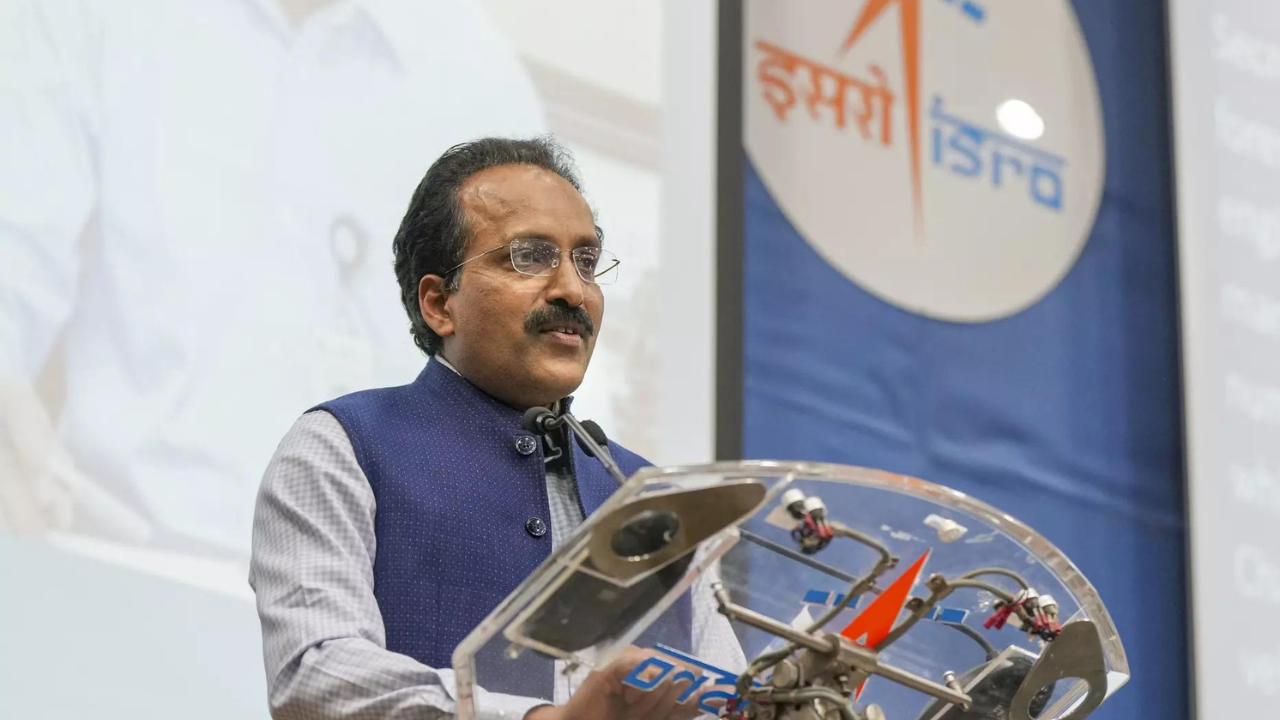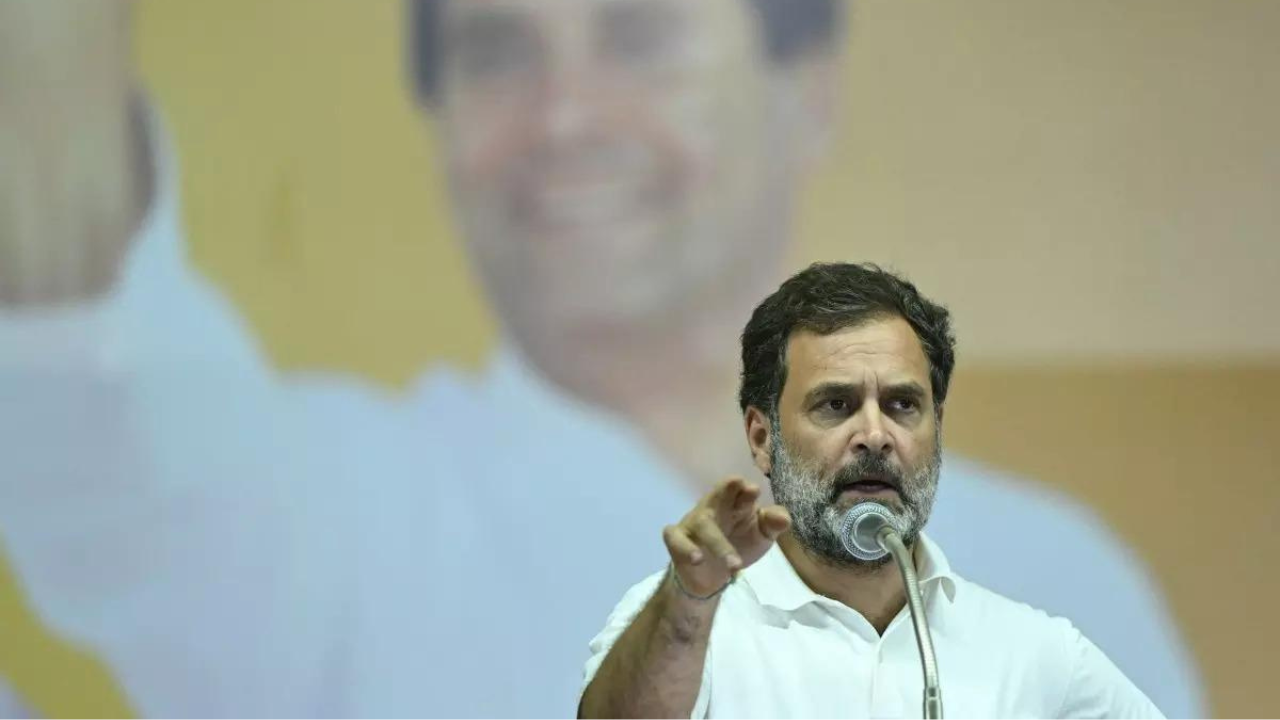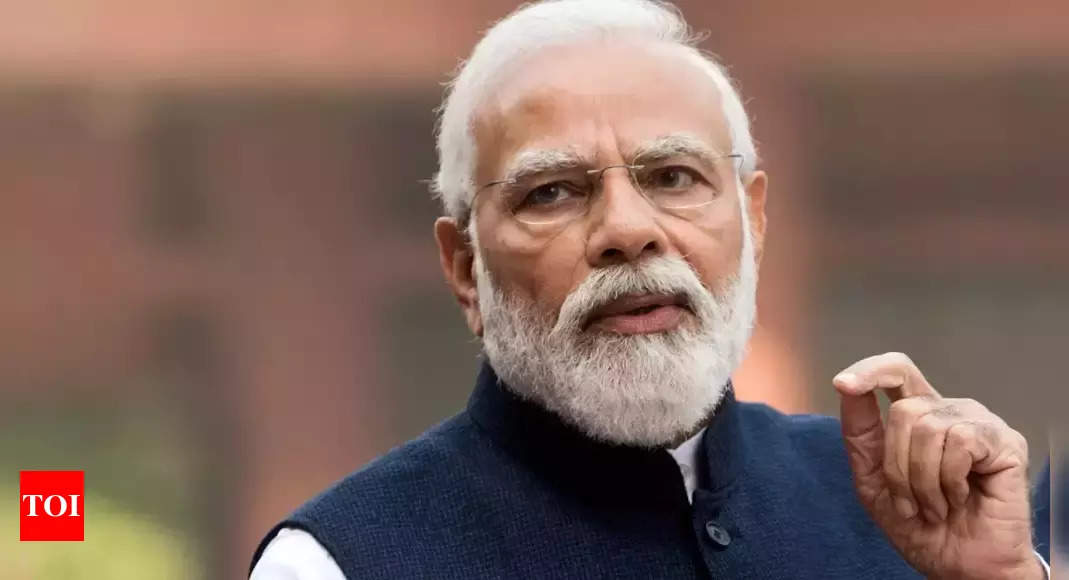Need for UN Reforms

On October 24, the world observes United Nations Day, commemorating the organization's founding in 1945. In 1947, the United Nations General Assembly (UNGA) designated this date to educate the global community about the UN's mission, reinforcing its commitment to global cooperation, peace, and international relations. The UN plays a crucial role in uniting nations for a better world, particularly amid escalating global challenges.
Formation of the UN (1945)
Establishment in the Aftermath of World War II:
World leaders, in the aftermath of World War II, convened the Dumbarton Oaks Conference in 1944 to lay the groundwork for the United Nations. The UN Charter was signed on June 26, 1945, officially establishing the organization. This Charter came into force on October 24, 1945, which is celebrated annually as United Nations Day.
Founding Principles of UN:
- Collective Security: The UN was founded on the principle of collective security, addressing threats to international peace collectively through diplomacy, economic sanctions, or military action as per the Charter.
- The UN Security Council: The UNSC, with its five permanent members (P5) holding veto powers, was established as the central organ to enforce collective security, ensuring major powers' active involvement in global security.
- Disarmament: The UN Charter prioritizes disarmament and arms control to mitigate global conflict risks through mechanisms and agreements.
- Peacekeeping: The UN's peacekeeping missions promote peace and security by deploying to conflict zones, upholding ceasefires, safeguarding civilians, and aiding peace talks.
Structure of the UN
The General Assembly (GA):
- Primary Deliberative Body: The GA is the primary deliberative and policymaking body, representing all 193 member states.
- Global Issues: The GA addresses various global issues, from development goals to budgetary matters, offering a platform for diplomatic discussions and resolutions.
The Security Council:
- Maintaining Peace and Security: The UNSC is responsible for maintaining international peace and security.
- Membership: It comprises 15 members, with five permanent members (P5)—China, France, Russia, the United Kingdom, and the United States—holding veto powers.
Specialized Agencies:
- The UN includes numerous specialized agencies and programs, such as UNICEF, WHO, and UNESCO, focusing on specific areas like health, education, and humanitarian aid.
Importance of the UN
Addressing Global Challenges:
Peacekeeping and Conflict Resolution:
The UN is pivotal in maintaining global peace through peacekeeping missions; it deploys troops and mediators to conflict zones, facilitating negotiations and preventing further violence.
Humanitarian Assistance and Development Programs:
The UN offers vital humanitarian aid to communities affected by crises, including natural disasters and armed conflicts.
Environmental and Climate Change Initiatives:
The UN promotes global cooperation on environmental challenges; the Paris Agreement is a notable example of a UN-led effort to combat climate change.
The United Nations Sustainable Development Goals (SDGs):
The 2030 Agenda for Sustainable Development:
The 2030 Agenda, comprising 17 SDGs, establishes a worldwide development framework focused on inclusivity and sustainability.
Progress and Challenges in Achieving the SDGs:
The UN plays a central role in tracking progress toward the SDGs, with annual reports evaluating the advancements and challenges faced by member states.
Need to Reform the UN Structure
Outdated Structure and Decision-Making Processes:
P5 and Power Imbalance:
The P5's veto power reflects the post-World War II geopolitical realities, necessitating reform to reflect contemporary global power dynamics.
Lack of Representation and Inclusivity:
Many countries, especially from Africa and Latin America, lack sufficient influence in the UN's decision-making bodies, highlighting the need for more representative and inclusive structures.
Ineffectiveness and Inefficiency:
Bureaucracy and Red Tape:
The UN's bureaucratic structures and complex decision-making processes can slow down responses to global challenges. Streamlining administrative procedures would enhance efficiency.
Duplication of Efforts Among Specialized Agencies:
Coordinating the work of various specialized agencies to eliminate duplication and improve collaboration is essential for enhancing effectiveness.
Financial Stability:
Financial Constraints and Arrears:
The UN often faces financial instability due to member states' failure to pay their assessed contributions promptly. Ensuring timely financial contributions and addressing arrears is crucial.
Equitable Distribution of Financial Burdens:
Reassessing the formula for financial contributions to the UN budget, to ensure a fairer distribution among countries, is necessary to address imbalances.
Proposals for Reform of the UN
Reforming the UNSC:
Expanding Permanent Membership:
Expanding the number of permanent members beyond the existing P5 to include countries like India, Brazil, Germany, and Japan would better represent contemporary power dynamics.
Abolishing or Limiting the Veto Power:
Limiting or abolishing the veto power held by the P5 could prevent its misuse and ensure the council acts in the best interests of the international community.
Inclusive Representation for the Global South:
Increasing the number of non-permanent seats on the Security Council, particularly for countries from Africa, Latin America, and Asia, would address underrepresentation and provide more voices in decision-making processes.
Streamlining Bureaucracy and Decision-Making:
Reducing Inefficiencies in Administrative Processes:
Streamlining the UN's administrative procedures and reducing bureaucratic complexities can significantly improve efficiency.
Enhancing Accountability and Transparency:
Developing mechanisms for auditing and oversight, and promoting a culture of transparency, can help regain trust and confidence in the UN.
Strengthening Financial Stability:
Fair and Equitable Distribution of Financial Contributions:
Revising the formula for financial contributions to ensure a fairer distribution based on factors like GDP, population, and development indicators can ensure a fairer sharing of the financial burden.
Addressing Arrears and Fiscal Constraints:
Creating mechanisms to encourage prompt payment of assessed contributions and introducing sanctions or penalties for countries with outstanding arrears can address financial instability.
Political Challenges to Reform of the UN
Resistance from Current Permanent Members:
Veto-Wielding Countries Reluctant to Cede Power:
The P5's reluctance to relinquish or dilute their power is a primary challenge to UN reform. They often resist efforts to expand the Security Council's permanent membership or reform the veto system.
The Need for Consensus Among Permanent Members:
Achieving consensus among the P5 for significant reforms is challenging, as their interests and priorities often diverge.
Geopolitical Tensions:
The Impact of Global Conflicts on UN Reform Efforts:
Geopolitical conflicts and tensions among major powers can significantly affect UN reform efforts, diverting attention and resources away from the reform agenda.
The Role of Regional Powers in Influencing the UN's Agenda:
Regional powers play a significant role in influencing the UN's agenda and reform efforts, often advocating for reforms that align with their own regional interests and priorities.
India's Role in UN Reform
India’s Historical Perspective:
India, a founding member of the UN, has consistently demonstrated its commitment to global peace, security, and development through its participation in UN peacekeeping missions, humanitarian assistance programs, and contributions to various UN agencies.
Advocating for a Permanent Seat on the Security Council:
India seeks a permanent seat on the Security Council, emphasizing that such a step would make the Council more representative and responsive to contemporary geopolitical realities. India's claim is based on its status as one of the world's largest democracies and its growing global influence.
Emphasizing the Importance of an Inclusive World Order:
India advocates for a more inclusive world order within the UN, arguing that the organization must evolve to reflect the growing influence of emerging economies and regional powers.
Relevance of the UN in the 21st Century
The Global Response to Contemporary Crises:
COVID-19 Pandemic Response:
The UN, through agencies like the WHO, played a pivotal role in coordinating international responses to the COVID-19 pandemic, facilitating the sharing of information, resources, and expertise among nations, and providing a platform for developing and distributing vaccines.
UN’s Continued Role in Humanitarian Assistance:
The UN remains a primary actor in providing humanitarian assistance to those affected by conflicts, natural disasters, and other emergencies.
Looking Towards the Future:
Adapting to Evolving Challenges:
The UN is uniquely positioned to address complex challenges of the 21st century, such as climate change, cybersecurity threats, and economic inequality.
The Potential for a Reinvigorated UN through Reforms:
Implementing reforms to enhance the UN’s effectiveness, streamline bureaucracy, reduce inefficiencies, and ensure more equitable representation can improve the UN’s decision-making processes.
Conclusion
The United Nations serves as a vital platform for addressing contemporary crises and adapting to evolving challenges. While the need for reform is evident, the UN's continued role in global governance, humanitarian assistance, and crisis management demonstrates its enduring importance. As the international community grapples with complex global issues, the United Nations stands as an essential institution capable of fostering cooperation, dialogue, and collective action for the betterment of humanity.













